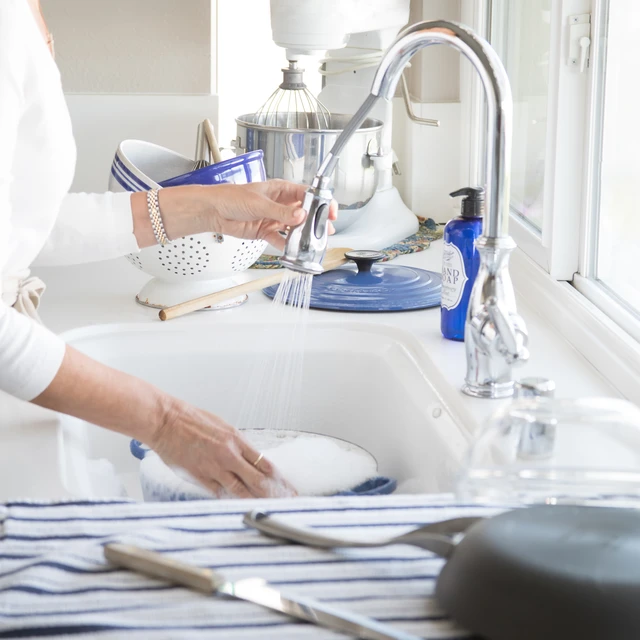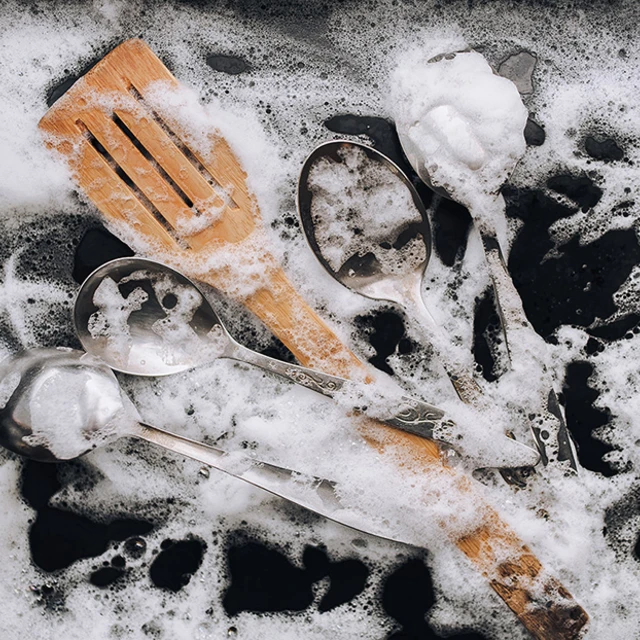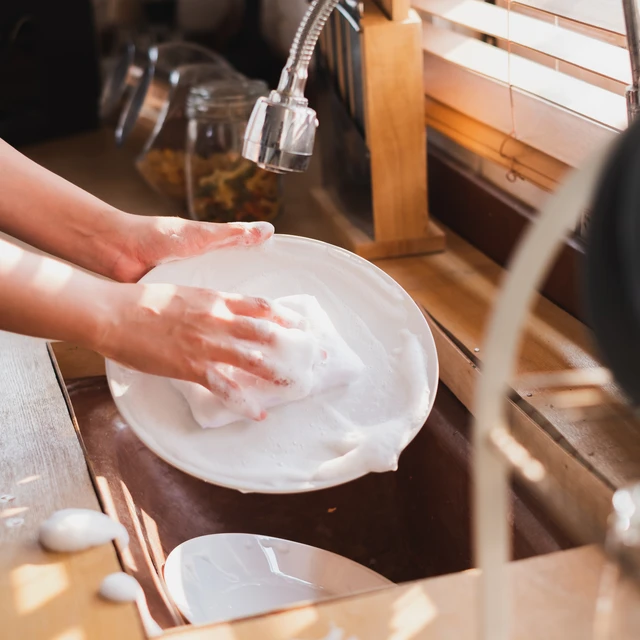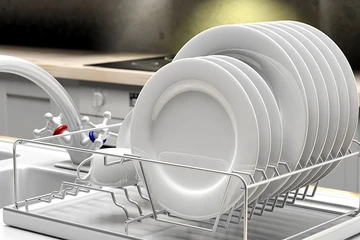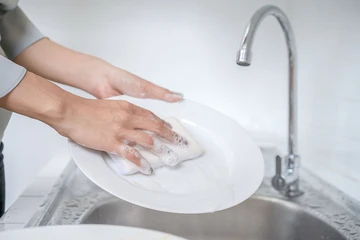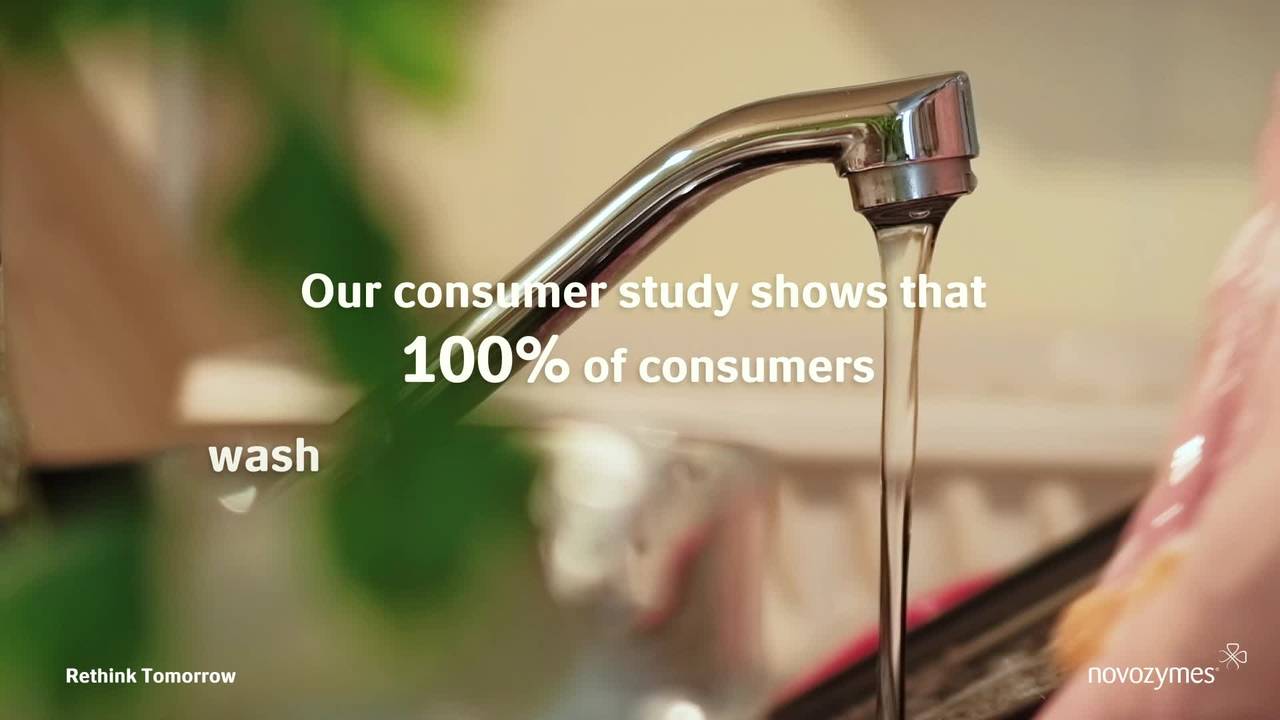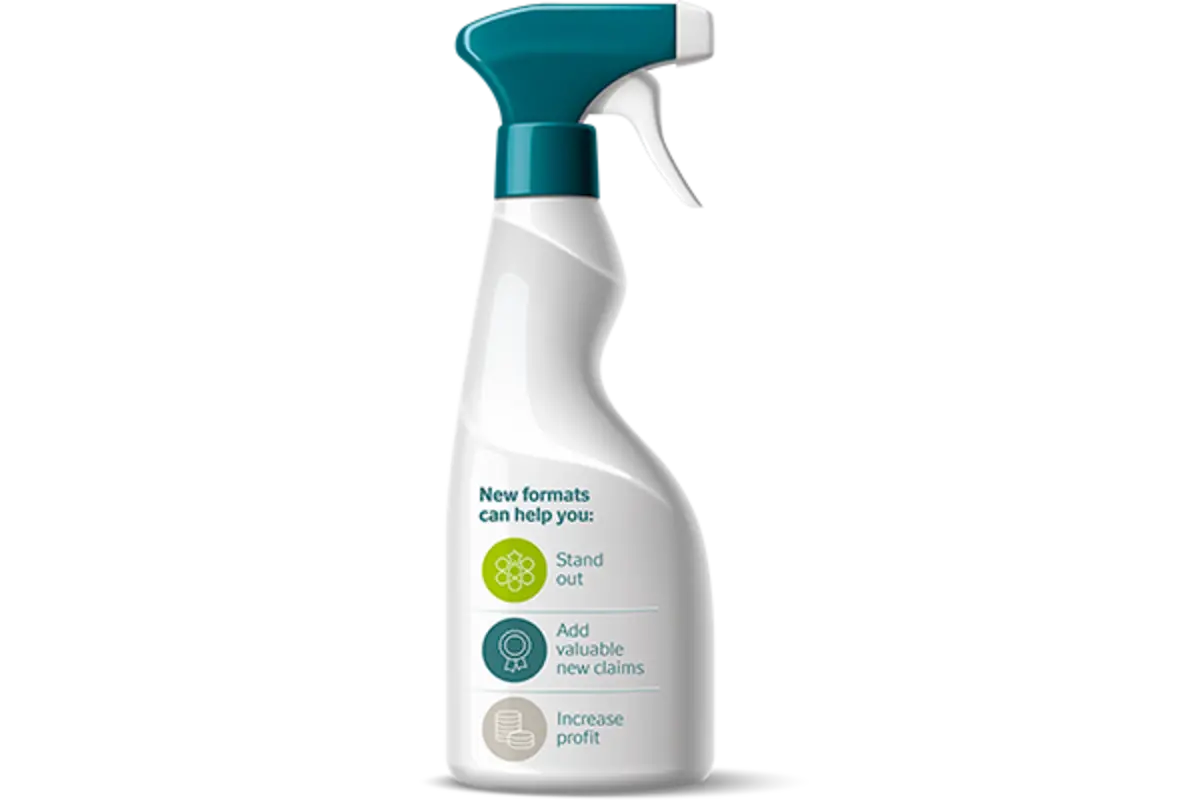Soaking heavily soiled cookware is standard
83% of consumers soak dishware and cookware
A range of studies suggest that consumers do actually soak, allowing longer contact times to boost the benefits of enzymes. This is especially relevant to cookware with heavier, tougher soils – lasagna baked into an oven dish for example. In the Userneeds study mentioned above, only 17% of consumers said they don’t soak.
This supports the findings of the DishGo Study by weseethrough, which used video analytics to understand consumers’ actual behaviour when doing the dishes. It revealed that soaking is standard, even among consumers who say they don’t soak.
